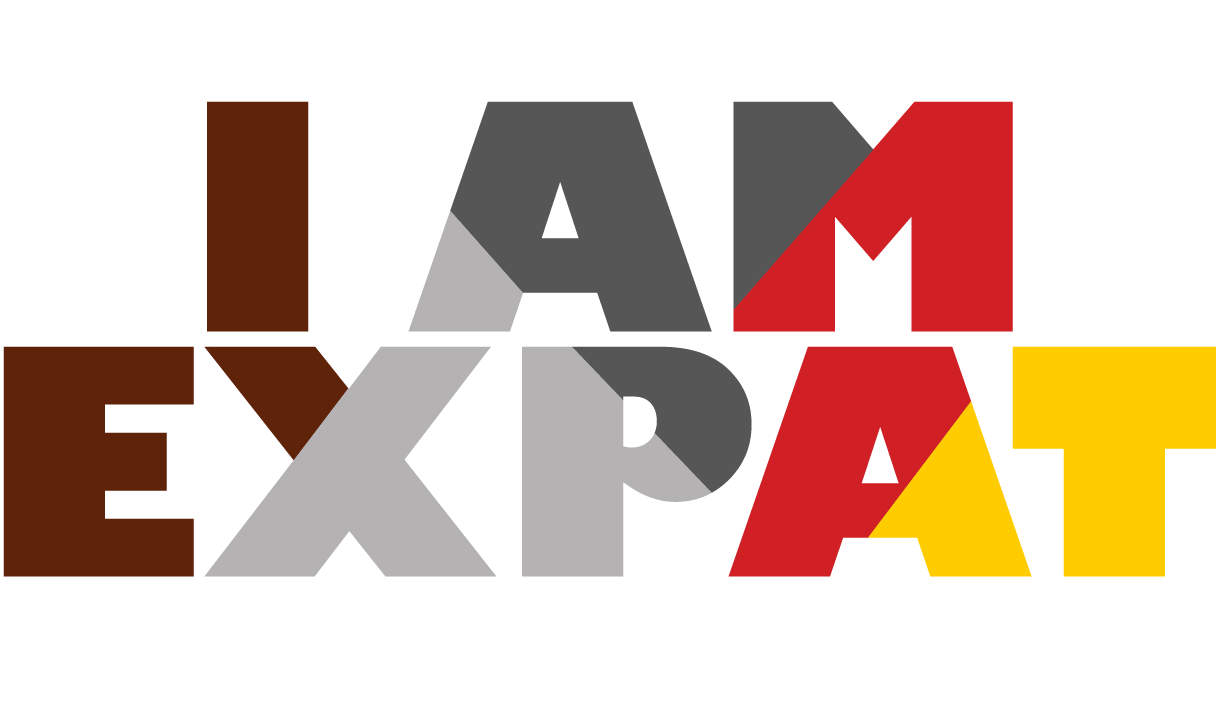Expat Service helps expats with an online tax filing service for their income tax return. Efficient, simple and affordable tax filing whenever and wherever you are in the world. That’s why Expat Service is the intelligent choice for every expat.
Index
Share article

Cryptocurrency has grown significantly in popularity as an investment, but did you know that the Dutch Tax and Customs Administration (Belastingdienst) considers crypto as part of your assets? This means specific rules apply when filing your 2024 tax return. In this blog, we’ll explain the key points crypto holders need to know to stay compliant and avoid surprises.
In the Netherlands, cryptocurrency is categorized under Box 3, which includes assets like savings, investments, and other possessions. The value of your crypto on January 1, 2024 determines the amount of tax you owe. This date, known as the reference date, is crucial for accurate reporting. Maintaining proper records of your crypto’s value on this day is essential.
The Tax Authority requires you to convert the total value of your cryptocurrency into euros based on the exchange rate on January 1. Many platforms provide an overview of the valuation on this date, but it’s ultimately your responsibility to report this correctly. Use reliable sources and keep the evidence safe for future reference.
Not all of your assets are taxable. In 2024, there’s a tax-free allowance of €57,000 per individual. If your total assets exceed this threshold, you’ll pay taxes on the amount above it. The tax rate depends on how your assets are divided. Cryptocurrency is considered as “other assets” and often falls under the highest tax rate in Box 3.
Cryptocurrency offers exciting opportunities but comes with tax obligations that must not be overlooked. By staying informed of the rules and maintaining proper records, you can ensure a smooth tax return process. Need help navigating the complexities of crypto taxation? Our team of experts is here to assist you. Contact us for more information.
Get 100% tax compliant
With our unique portal, you can easily prepare your own income tax returns.
All this in only 3 easy steps.
Expat Service helps expats with an online tax filing service for their income tax return. Efficient, simple and affordable tax filing whenever and wherever you are in the world. That’s why Expat Service is the intelligent choice for every expat.
HQ Netherlands, Stratumsedijk 6 Eindhoven I KvK/CoC 80399673


Expat Service © 2025 All rights reserved.